Contributions from Period Pros Jasmine Kaur and Heather Cummins
Periods aren’t dirty. Menstruation shouldn’t be taboo. Young menstruators deserve medically accurate, shame-free information about their periods and their hygiene.
This Menstrual Hygiene Day, we asked our Period Pros to share their favorite period hacks. Below are some of their top suggestions, with medically accurate explanations.
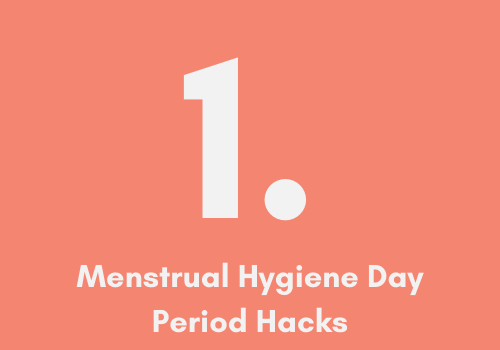
“One important tip that I want to relay to young menstruators is not to worry about the natural odors of their vulva, especially after they menstruate.”
We’re here to remind you that period blood does not smell. There is a normal odor to the vulva. They are not supposed to smell like flowers. Girlology Foundation Co-Founders Dr. Melisa Holmes and Dr. Trish Hutchison recommend using soap and water to clean the outside of the vulva, and any place where hair grows. Inside the labia, soap can cause irritation, so warm water alone is best.
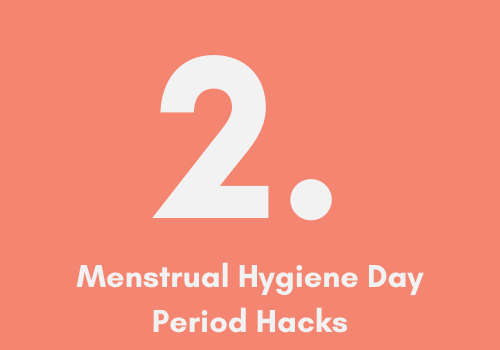
“Keep a tampon/pad everywhere you go. I have them in my car, in my backpack, and in my purse. Sometimes, periods are a surprise and stuffing the toilet paper in the underwear in the mall bathroom is not a fun time!”
It is normal for periods to be a surprise or irregular at first, especially for young menstruators. It is typical for a menstruator’s second period to come any time between one month or several months after their first period. After the third cycle, periods should become more regular, and at least every 21-45 days, but it is still smart to be prepared with pads and tampons at all times.
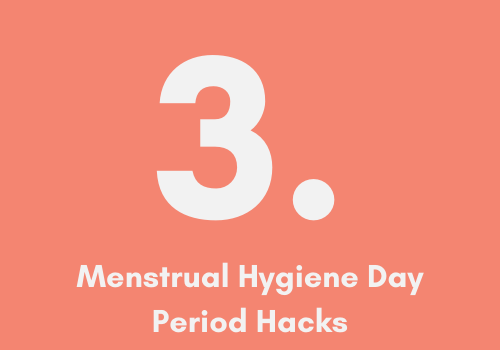
“When I am experiencing cramps, I have a small heating pad for my back. If I’m in pain, I crank that thing up to high heat. It helps melt the pain away!“
Around 80% of menstruators experience Premenstrual Syndrome, or PMS. Cramps are some of the most common symptoms menstruators experience while PMSing. A heating pad is a great natural treatment for cramps, as is exercising and keeping your body moving.
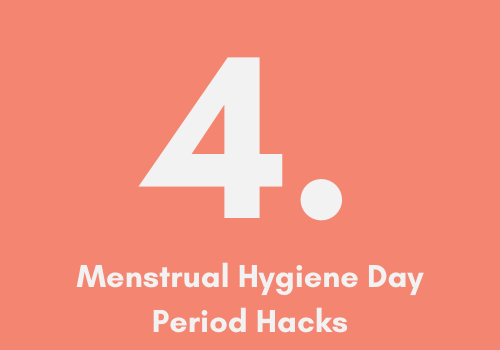
“Over-the-counter meds on day-one are a must for me. They take care of any cramps and period pain I may experience. I keep a bottle of it in my backpack for school.“
Menstrual cramps are one of the most common reasons that young menstruators visit the OB/GYN. Dr. Melisa Holmes recommends trying over the counter medications like Ibuprofen or Naproxen to help alleviate pain from cramps.
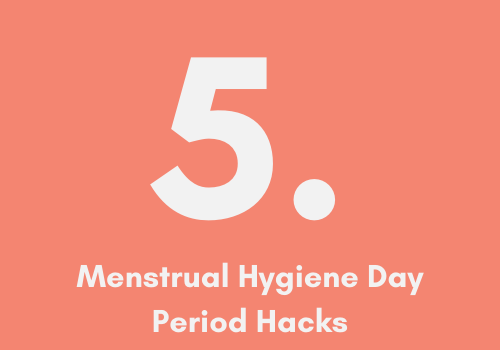
“Talk to your doctor if anything seems abnormal for you. Whether it’s a change in the frequency of your period, volume of blood, level of pain, etc. Doctors can really healp with great advice and hacks of their own!“
If young people are able to recognize symptoms that are not normal and seek medical attention, then healthcare providers are better equipped to identify potential medical problems. Talking to your provider can feel intimidating, but it is essential that young menstruators feel empowered to start conversations with their doctors.
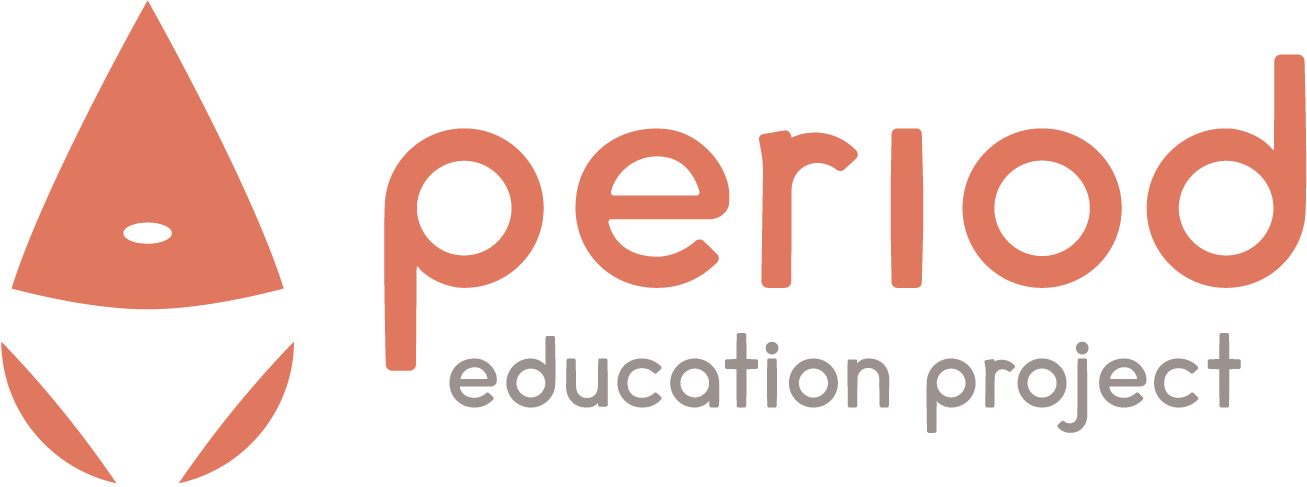
Recent Comments